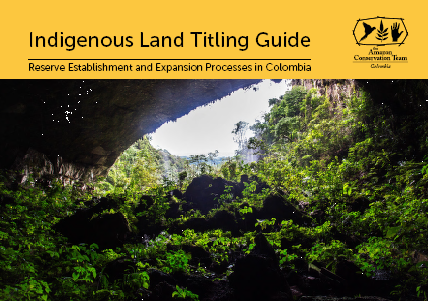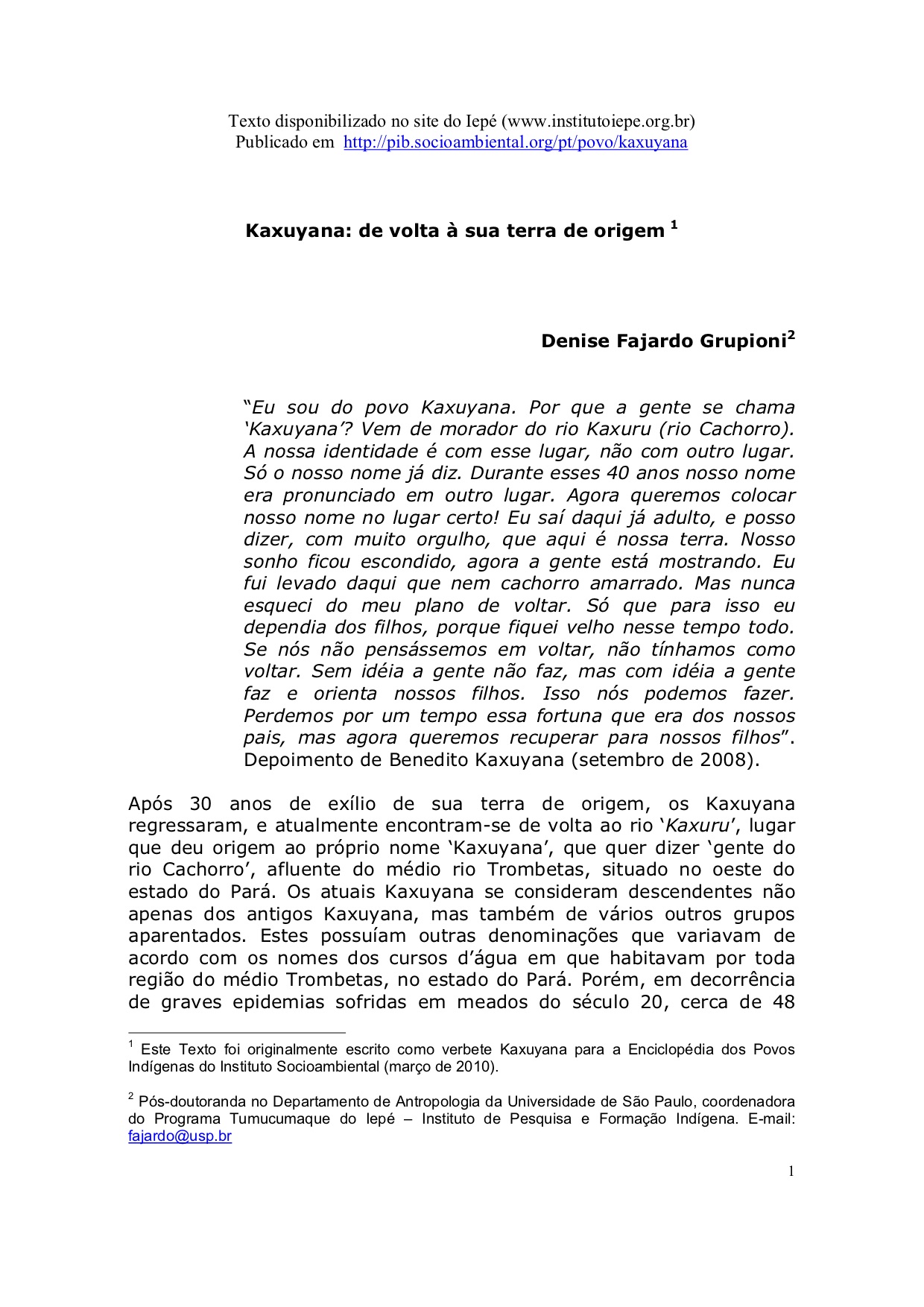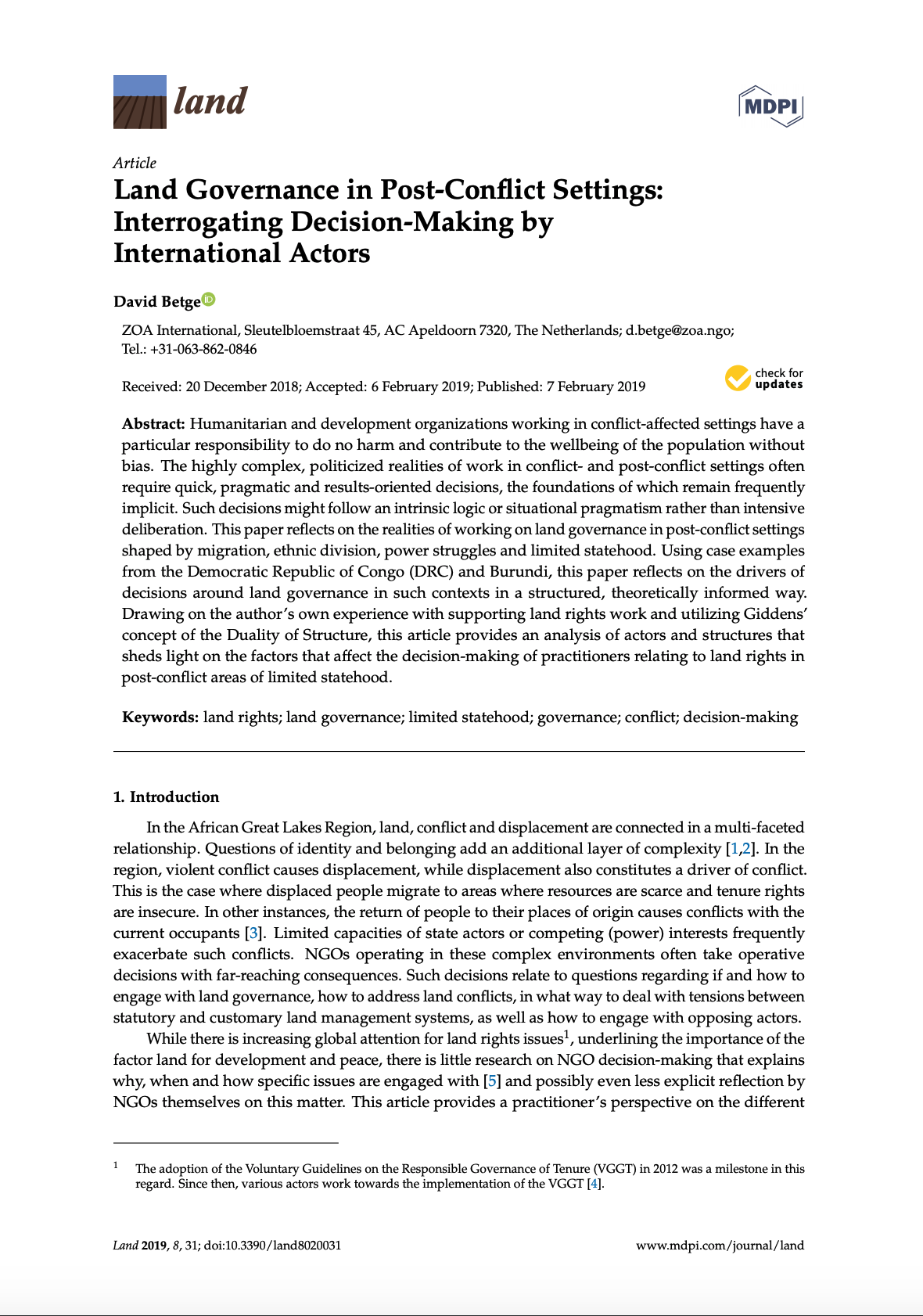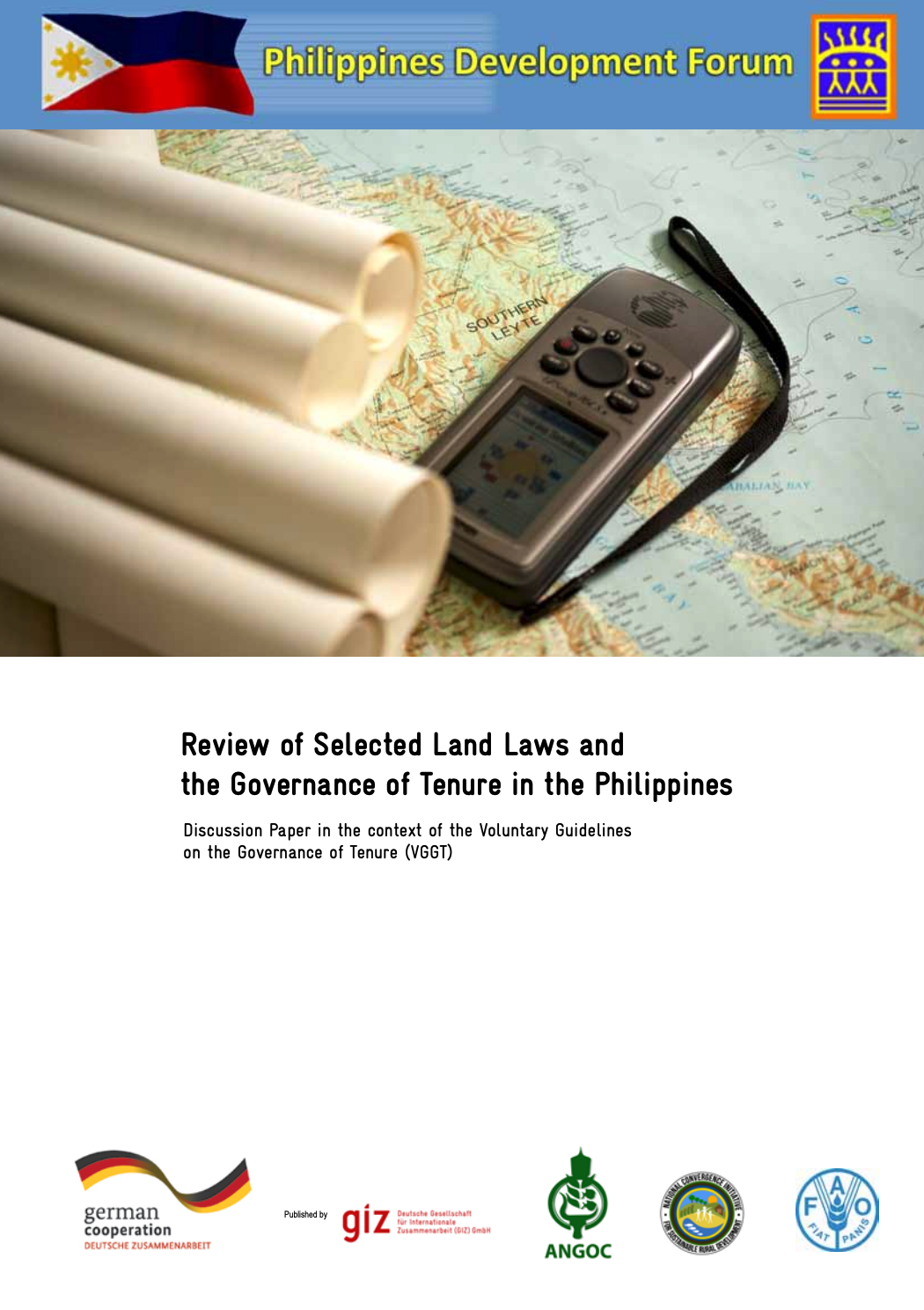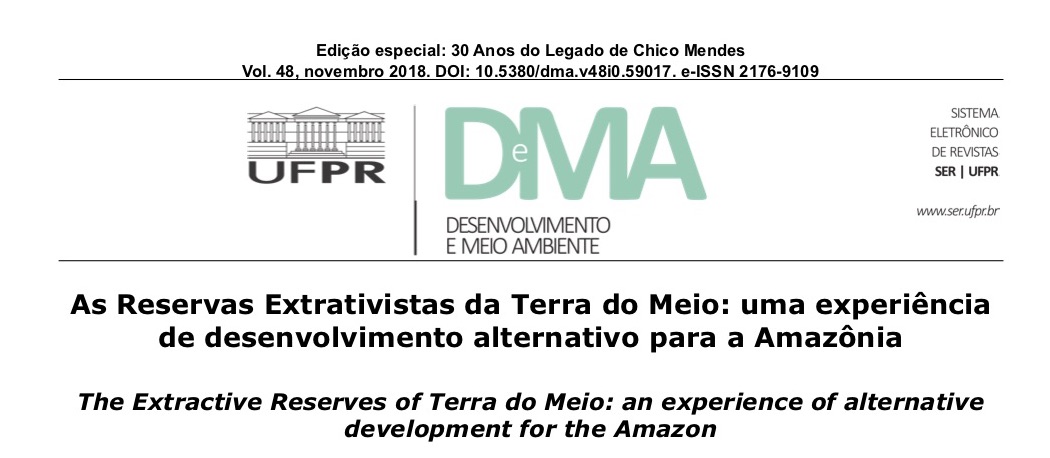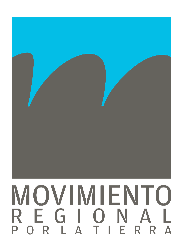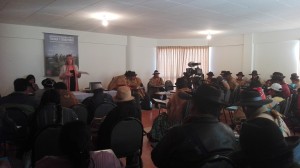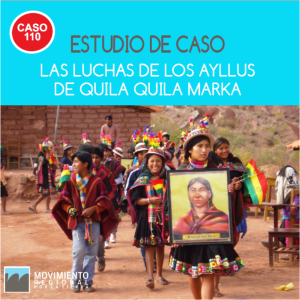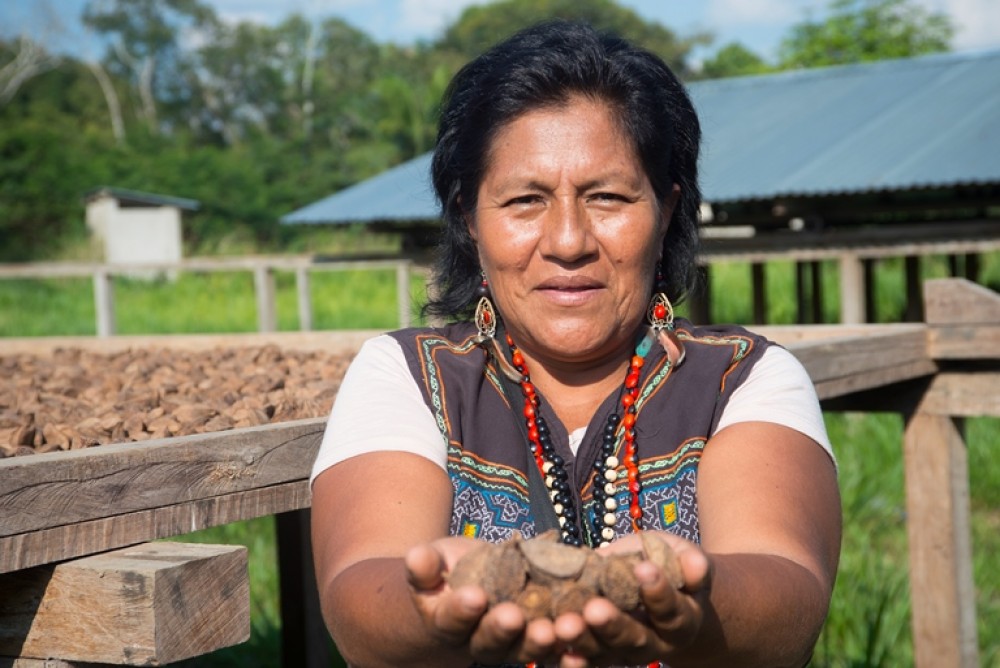Violations of indigenous peoples' territorial rights: the example of Costa Rica
Costa Rica, the subject of this article, is an upper middle income country that is widely regarded as having a generally positive human rights record. It has also avoided the violent conflicts and political instability that have characterised most of its closest neighbours in the last decades of the 20th century. However, as with almost all other countries considered to have good track records on human rights, the situation of indigenous peoples stands out as a major blemish.


